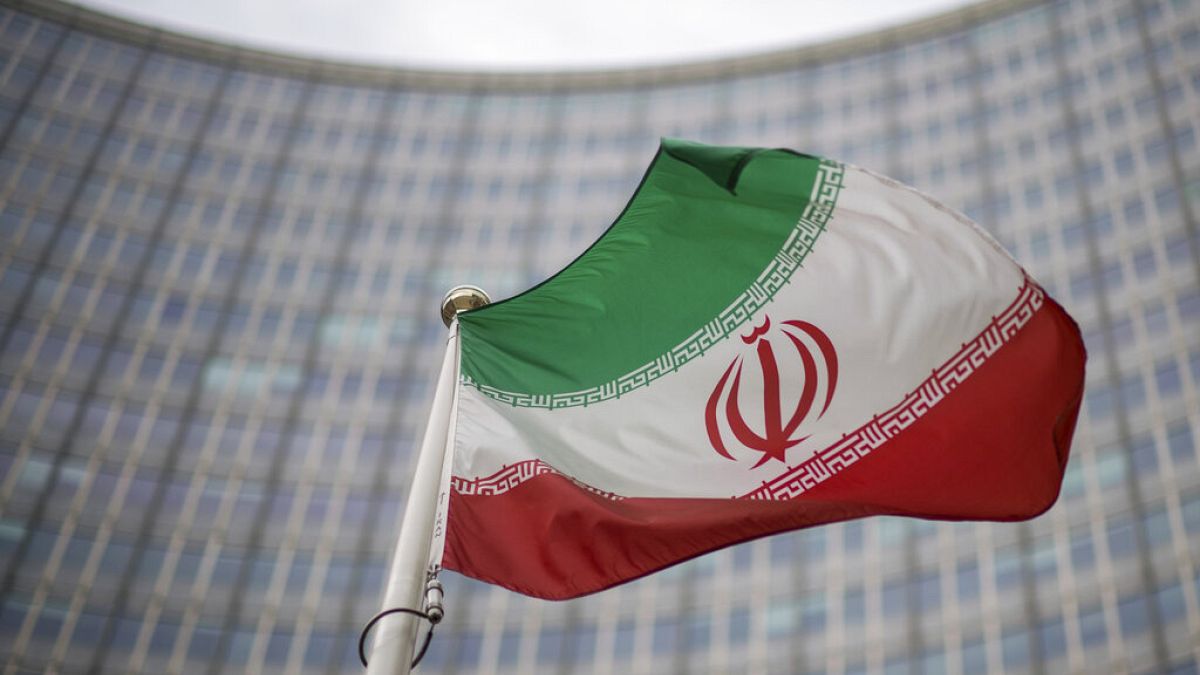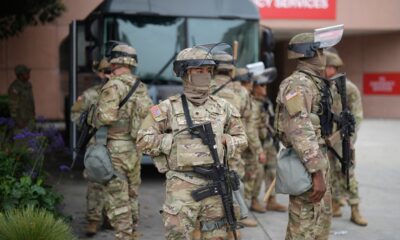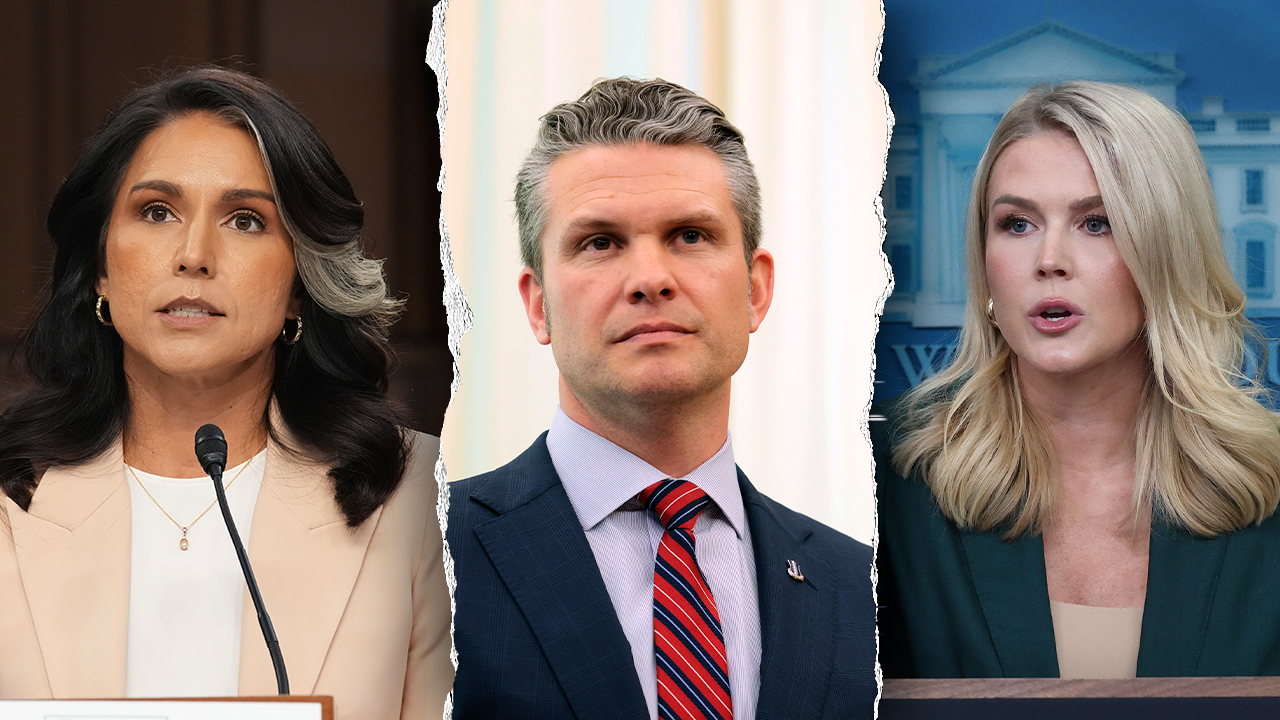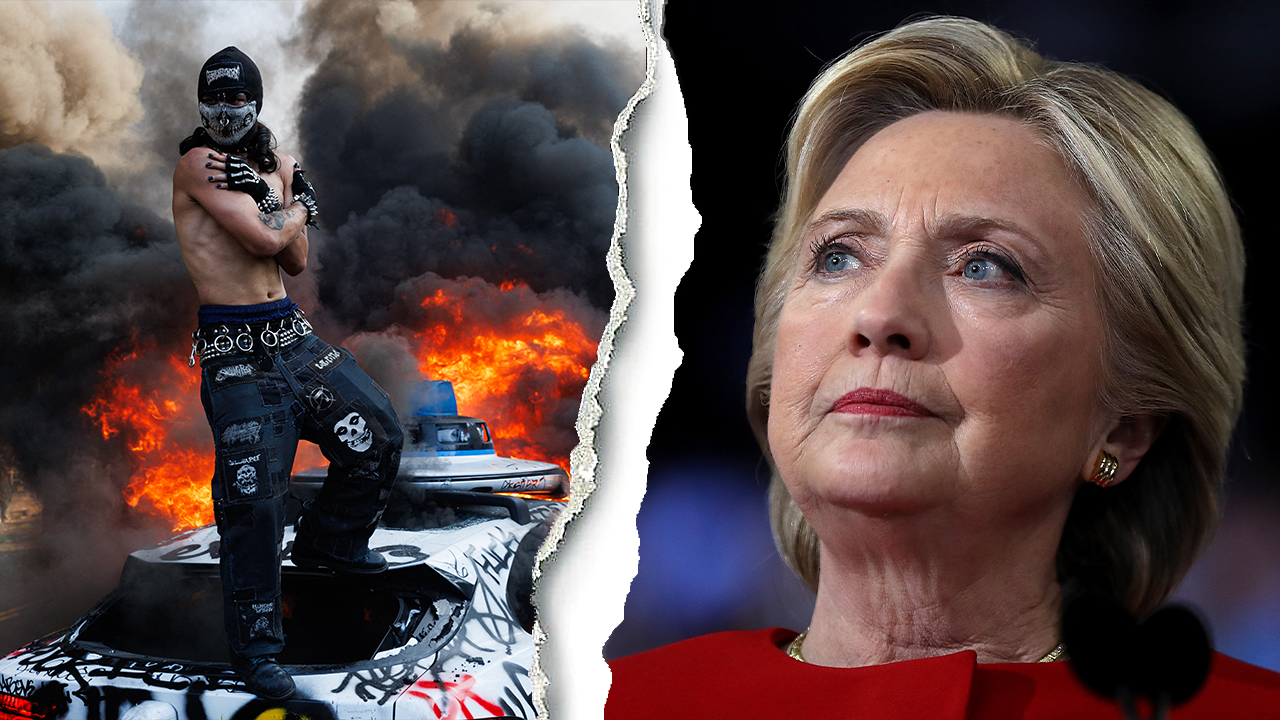Russia has built up a large stockpile of missiles and intends to use them in a bid to destroy Ukraine’s power and heating infrastructure in the coming months, Nato’s secretary-general has warned.
With the front line largely frozen after Ukraine’s autumn counteroffensive failed to make significant gains, Kyiv has stepped up calls for more air defence supplies from its western allies as it girds for another winter bombardment.
“Russia has amassed a large missile stockpile ahead of winter, and we see new attempts to strike Ukraine’s power grid and energy infrastructure, trying to leave Ukraine in the dark and cold,” Nato secretary-general Jens Stoltenberg told reporters in Brussels on Wednesday.
“We must not underestimate Russia. Russia’s economy is on a war footing,” he said following a meeting of allied foreign ministers and their Ukrainian counterpart.
The warning from the head of the US-led military alliance, which Ukraine has applied to join, comes as EU countries and US lawmakers continue to squabble over respective new financial support packages for Kyiv proposed by Brussels and the White House, raising questions on the longevity of western backing as Russia’s invasion grinds on.
Antony Blinken, US secretary of state, said he saw “no sense of fatigue” among Nato members regarding support for Ukraine.
Russia is planning to spend Rbs10.8tn ($122bn) on defence next year, three times the amount allocated in 2021, the year before the invasion, and 70 per cent more than was planned for 2022, according to a bill on Russia’s budget that President Vladimir Putin signed on. The enormous sums in Russia’s record Rbs36.6tn budget for next year will take defence spending to 6 per cent of gross domestic product.
Arms manufacturers are working three shifts a day to meet the defence ministry’s orders. Several civilian factories have shifted to defence production, as well as some non-industrial sites including a bakery that now makes drones.
Putin told arms makers in September to “raise production capacity in the shortest possible time, keep facilities as busy as possible, optimise technological cycles, and cut down production time without lowering quality”.
Russia’s intelligence agencies have also stepped up their operations to import western dual-use technology — goods that have both potential civilian and military applications — for the defence industry.
The rush for parts has forced Russia to seek ways around western sanctions and export controls by smuggling western-made technology through third countries such as Turkey, according to western officials.
Despite Putin’s orders, Russia is not putting an emphasis on quality, accepting whatever parts arms manufacturers can get their hands on to increase missile production, western officials say — even if that makes them less accurate.
A senior Ukrainian intelligence official told the Financial Times that Russia was now receiving frequent shipments of munitions from Iran and North Korea, including Iranian one-way attack drones and North Korean artillery shells and rockets.
The artillery is arriving in quantities that will ensure Russian troops can at least continue fighting at a level consistent with the hostilities in recent months, while the drones are likely to be used along with long-range missiles in Russia’s attacks on Ukraine’s critical infrastructure over the winter months.
Stoltenberg’s remarks come after Russia launched its biggest drone attack of the war on November 25, targeting Kyiv’s energy infrastructure and signalling what Ukrainian officials fear marked the start of a winter air campaign.
Ukrainian President Volodymyr Zelenskyy on Tuesday said his country’s air defences have had a success rate of more than 90 per cent in intercepting Russian missiles and drones in the latest wave of attacks. But he said Kyiv still needed more help from the west to get through the tough winter ahead.
“There is a clear need to develop and reinforce our mobile firing groups, as well as to get all highly effective air defence systems [from western partners],” Zelenskyy said.
Stoltenberg said Russia was “now weaker politically, militarily and economically” than before the February 2022 invasion and had “lost a substantial part of its conventional forces. Hundreds of aircraft. Thousands of tanks. And more than 300,000 casualties.”
Oleksandr Lytvynenko, Ukraine’s chief of foreign intelligence, wrote in a rare public report on the war last week that Russia’s military had been weakened but that Putin had set his economy on a war footing, significantly increasing its arms production which is likely to continue at least until 2026.
“The Kremlin believes that it has enough resources for hostilities with Ukraine at the current level for a long period,” he said. “At the same time, Moscow is convinced that Ukraine’s internal resources are allegedly ‘approaching complete exhaustion’.”
Russia’s goals in Ukraine, to gain as much territory as possible, remain unchanged, he added. Going into winter, the conflict had now fully attained the “stage of a war of attrition”, Lytvynenko said.




























